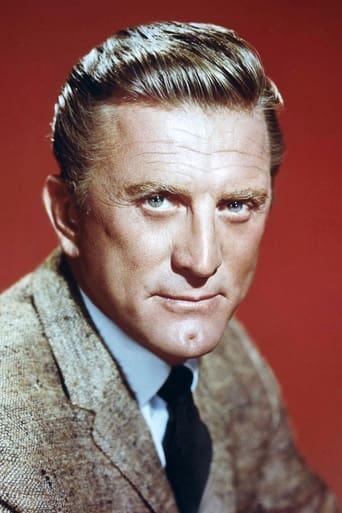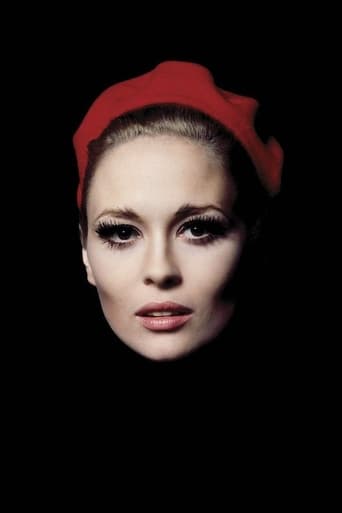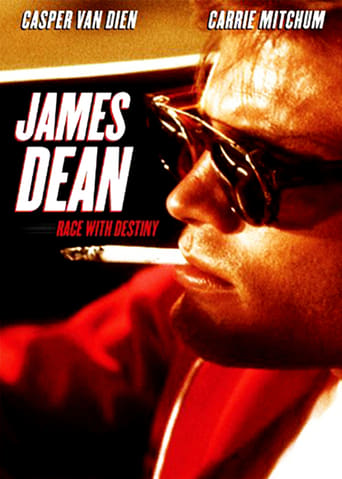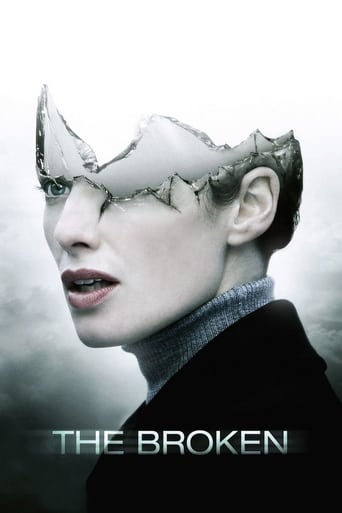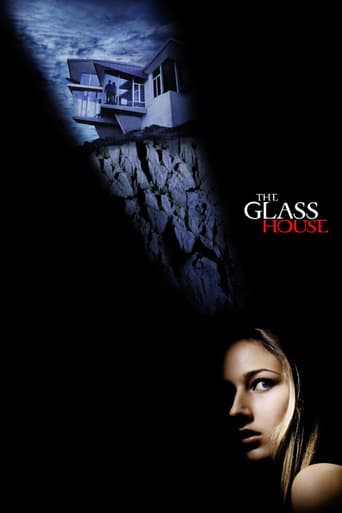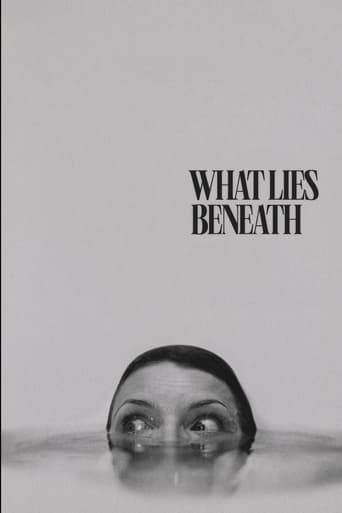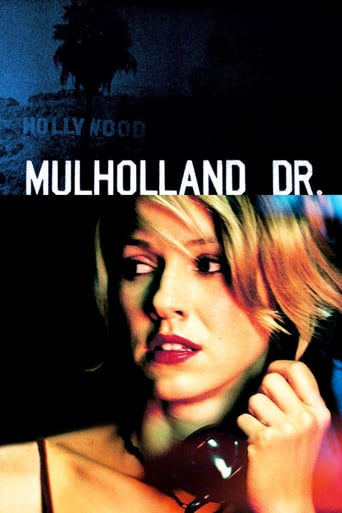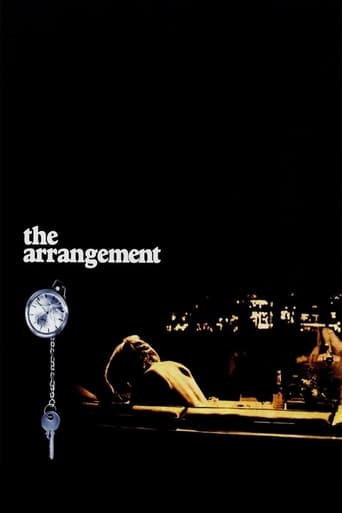
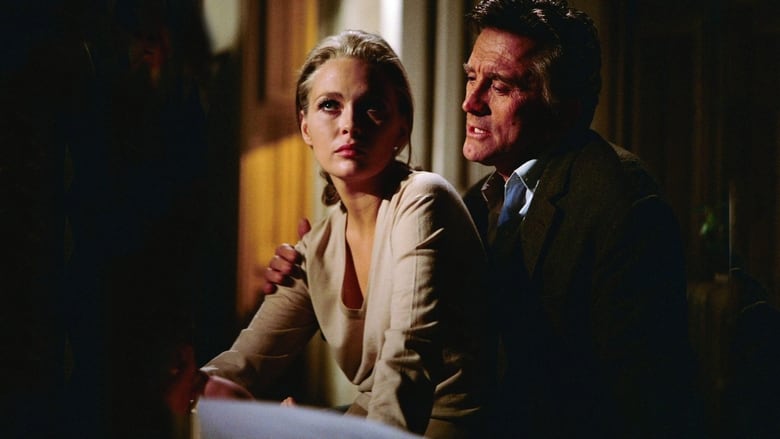
The Arrangement (1969)
An adman attempts to rebuild his shattered life after suffering a nervous breakdown.
Watch Trailer
Cast
Similar titles
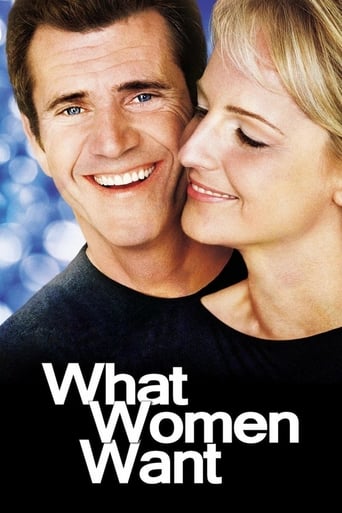
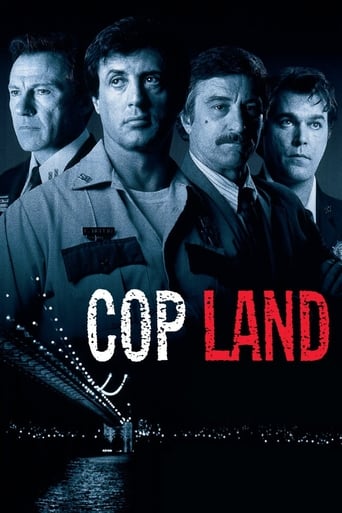
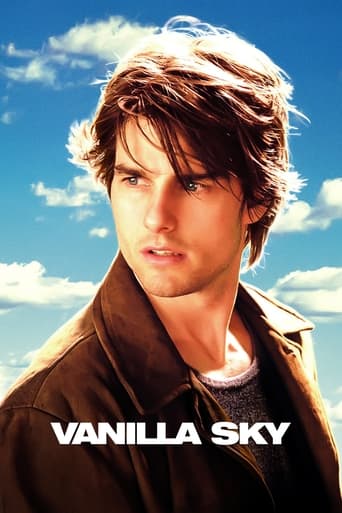
Reviews
It's fun, it's light, [but] it has a hard time when its tries to get heavy.
it is finally so absorbing because it plays like a lyrical road odyssey that’s also a detective story.
I wanted to like it more than I actually did... But much of the humor totally escaped me and I walked out only mildly impressed.
This is a small, humorous movie in some ways, but it has a huge heart. What a nice experience.
I had a strange feeling, as I watched Kirk Douglas speeding down the highways of L.A. to his own "Zephyr" cigarette ads, that I was watching a movie I had already seen -- even though I've never heard of "the Arrangement" until I found the video last week at the library. The premise of the movie is so familiar as to lead one to speculate that it is, in itself, an ironic reflection on the banal. Douglas plays a middle-aged advertising executive having a midlife crisis, trying to kill himself, saying and doing "crazy" things, having a lot of sex with Faye Dunaway's character, and way too many prolonged bedroom arguments with his wife, played by Deborah Kerr. Even though the story is dull, it's a somewhat gripping movie because it's so stylish, and because Dunaway and Douglas at least put in some pretty compelling performances. Sometimes I think that they were being too aggressive with the editing. It reminded me of Sergio Leone or something, which isn't necessarily an insult, but this movie didn't have enough action to justify all the cross- cutting. A lot of it just feels manipulative, and kind of cheap, like the scene where he uses editing to "switch" Dunaway with Kerr. It's also an uneven narrative, because the whole second half of the movie ends up having to do with Douglas' relationship with his father (Richard Boone), who doesn't even show up in the first half. Kerr's stuck in a pretty thankless role ultimately, too. It's a movie that shouldn't be as good as it is. I don't think I would want to read the novel, but once he got out there on the set with the actors Kazan made a decent film out of it. Boone's performance is particularly surprising, to me anyway. But it's not a good movie, overall. Kirk Douglas has been on the same terrain too many times. I thought "Two Weeks in Another Town" was a much more compelling film, from about a decade earlier. And we've seen the rapacious and soul-less side of Douglas too, before, in "The Bad and the Beautiful" and "Champion" and other films. What's interesting about the film is Dunaway's character, and how she breaks down his persona. I would have enjoyed the film more if it wasn't so hung up on making Douglas the "good guy." We've seen that enough times too.
Elia Kazan made "The Arrangement" in 1969 after having first published it as a novel. It's a difficult film but ultimately a rewarding one. It begins along the lines of a rather heavy-handed satire on consumerism before turning into a very late sixties psychodrama about a mid-life crisis which Kazan chooses to film in the fractured style of a European art-movie. The central character is Eddie Anderson, (not his real name; he changed it from the original Greek), and from flashbacks we are lead to believe he's the son of the boy from "America, America" who has now become Richard Boone. The film opens with Eddie's bizarre suicide attempt when he drives his sports car under the wheels of a truck and as it moves forward, to some kind of redemption. It also keeps skipping back to the events in Eddie's past that have lead up to that moment when he felt his life was no longer worth living. Kirk Douglas plays Eddie superbly, in what is really a very difficult role. His long-suffering wife is an equally superb Deborah Kerr, mixing acidity and sweetness to an almost alarming degree as she tries to comprehend what it is that's driving her husband. In the role of Eddie's mistress Faye Dunaway is less successful simply because her character is too much of a contradiction; she seems to undergo a complete change of personality. However, there's fine work from Hume Cronyn as Eddie's slimy lawyer and Boone is splendid as the gruff, seemingly uncaring father. The movie itself wasn't a success and critics were heavily divided, many feeling that Kazan had stepped outside of his comfort zone and had largely failed. However, the magazine 'Films and Filming', a bible of British film criticism at the time, selected it as the year's best film from any source. It was hardly that but it is still Kazan's last really good movie, an utterly essential part of one of the great canons of work in world cinema and it certainly shouldn't be missed if you get the chance to see it.
How do you sugar-coat Cancer? Eddie Anderson (Kirk Douglas) does it by claiming the 'Zephyr' brand of cigarette (made by his ad company's million-dollar client) is CLEAN. Eddie has gotten rich by selling cigarettes, by selling Cancer (a word he goes out of his way to avoid saying), by saying cigarettes are CLEAN.That's why Eddie is unhappy, alienated, suicidal, and DIRTY.Elia Kazan (and yes, I too have conflicted feelings about the man) makes a film that shows an ad genius who gets rich and powerful, but he's guilt-stricken, and he takes himself down, even tries to take himself out.They still had cigarette advertising on radio and television back in 1969 (when this film was made), and you hear similar ads occasionally in this movie, extolling the pleasures and wonders of 'Zephyr' cigarettes, with copy written by Eddie Anderson himself... you heard those ads repeatedly, on Eddie's car radio, just before he drove his convertible sports car under the wheels of a tractor-trailer.It is a screed against advertising and selling cigarettes, wrapped in the mid-life crisis of a man who does just that, and it causes Eddie to walk away from his fabulously high-paying gig as an ad genius, in the process laughing right in the mortified faces of the cigarette company executives, telling them essentially "I can't do it anymore, I can't sell Cancer anymore."I give it nine stars, reluctantly taking one star away, due to what seemed a too fast narrative between the scene where Eddie has a serious and honest conversation in a hotel room with his wife (Deborah Kerr), which suddenly gets violent, and in the next scene he's appearing before an inquest of some kind, with his arm in a sling, and I wondered if he was hurt in the struggle with his wife, only to learn he was shot, TWICE, at the apartment of Gwen (Faye Dunaway), by the somewhat creepy Charles standing scarily in the shadows, followed shortly by a scene showing Eddie burning down his house.The speed of the narrative at that point almost gave me whiplash. I also thought it caught a little bit of the hip (hippie) look of the late sixties, primarily in Gwen's poster-decorated apartment.
The Arrangement (1969)You might say this movie is about a very successful man coming to realize his success means nothing in the big picture and all he wants is time to be himself, to enjoy life simply.Or you might say this is a movie about a man cheating on his wife with a younger woman and all the fallout that goes with that.Or you might say this is a psychoanalytical dive inward to a man realizing he was ruined by his parents and trapped by his wife, and he descent into introspection makes him go almost mad, and then mad. And he likes it that way.You might even say this is an exercise in narrative storytelling, with a virtuosic layering and intercutting of all these elements into a single highly complex tale.Kirk Douglas is the lynchpin to all of this, and The Arrangement, a masterpiece if there ever was one, is the merging of art-house cinema with mainstream Hollywood. Except that there was no real art-house movie scene in 1969. This film pushes the boundaries as hard as they could be and still survive at all as a mainstream release. Director Elia Kazan is certainly one of the greats of the era (Scorsese agrees here) and he went out on a limb with editor Stefan Arnsten to make something utterly unique. There are foreshadowings of Woody Allen (though without humor) and Six Feet Under (in the kind of surrealism created by editing and the changing presence of people in a single scene). The plot is also intensely personal. Kazan, born in Istanbul and brought to American when he was four, was the son of Greek immigrants and his father was actually a rug merchant. And Kazan was apparently having an affair at the time of the shooting (he remarried in 1969 and later had a child). The screenplay is Kazan's and it's based a 1967 novel, also by Kazan. So if this is a deeply felt movie about a man having a mid-life crisis, it's understandable. Is it overwrought and self-indulgent? It has that potential for viewers who don't connect with the style or the characters, but for me it was too honest and well made to brush off. I got sucked in and was mesmerized by the swirling, teetering effects that never let you get confused or out of control.
